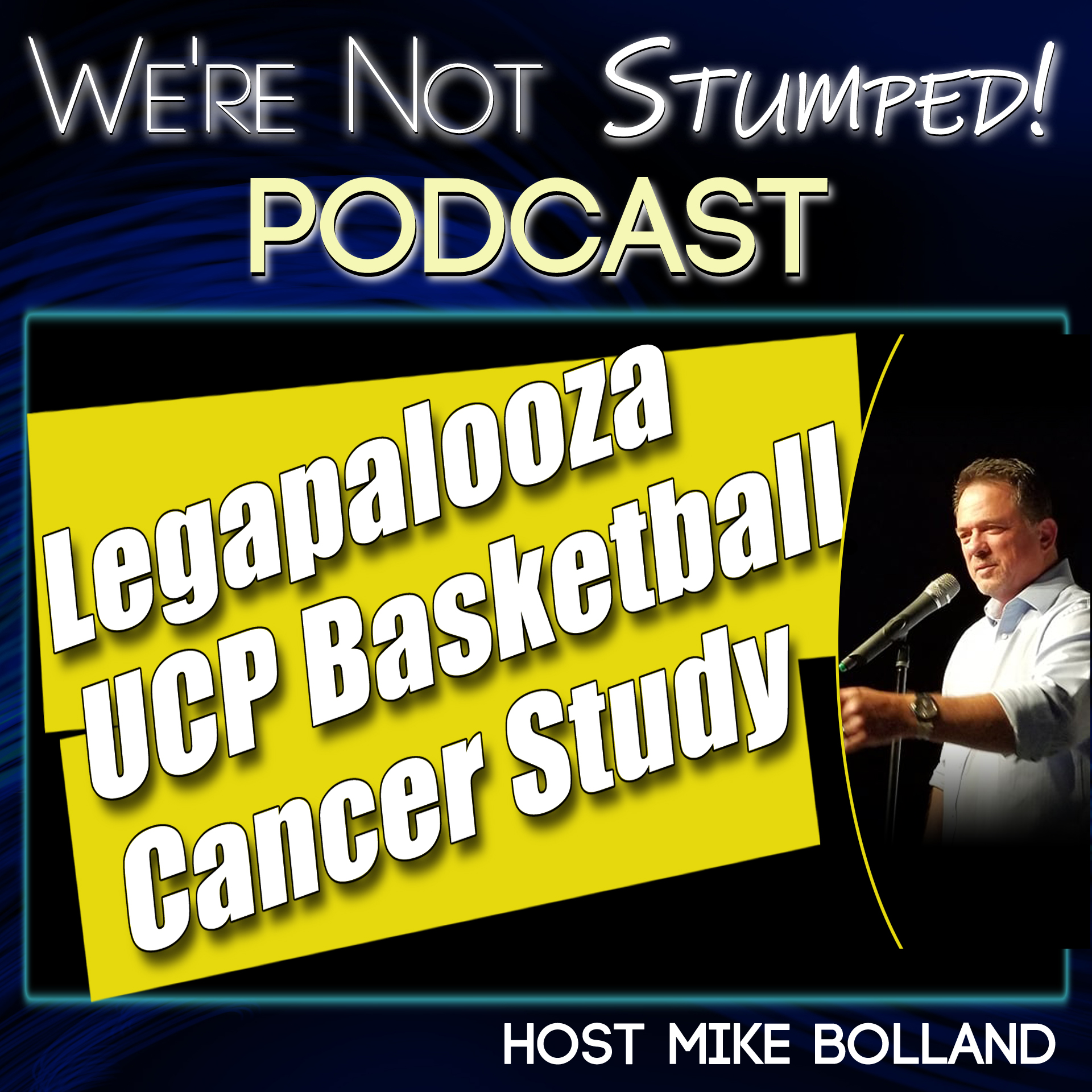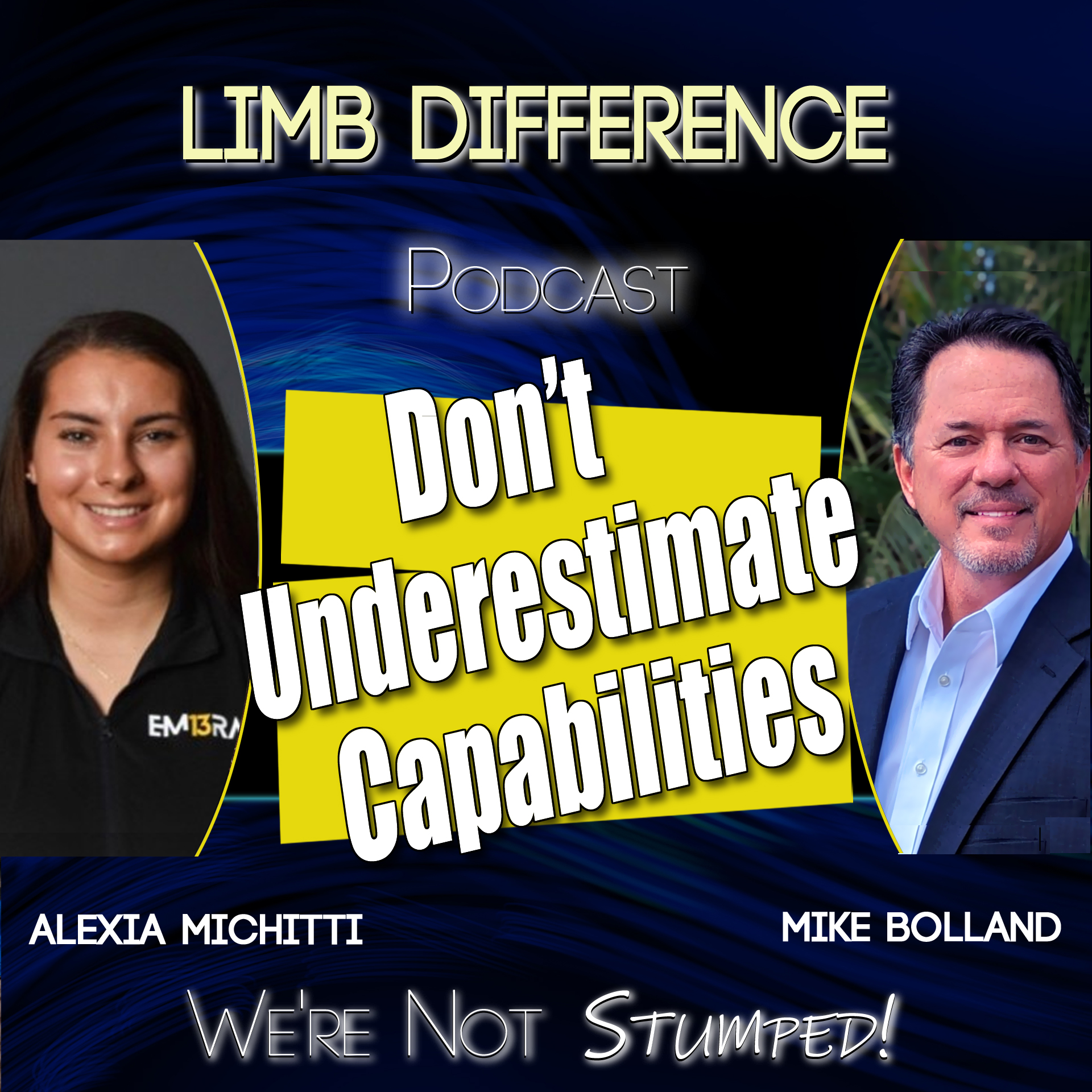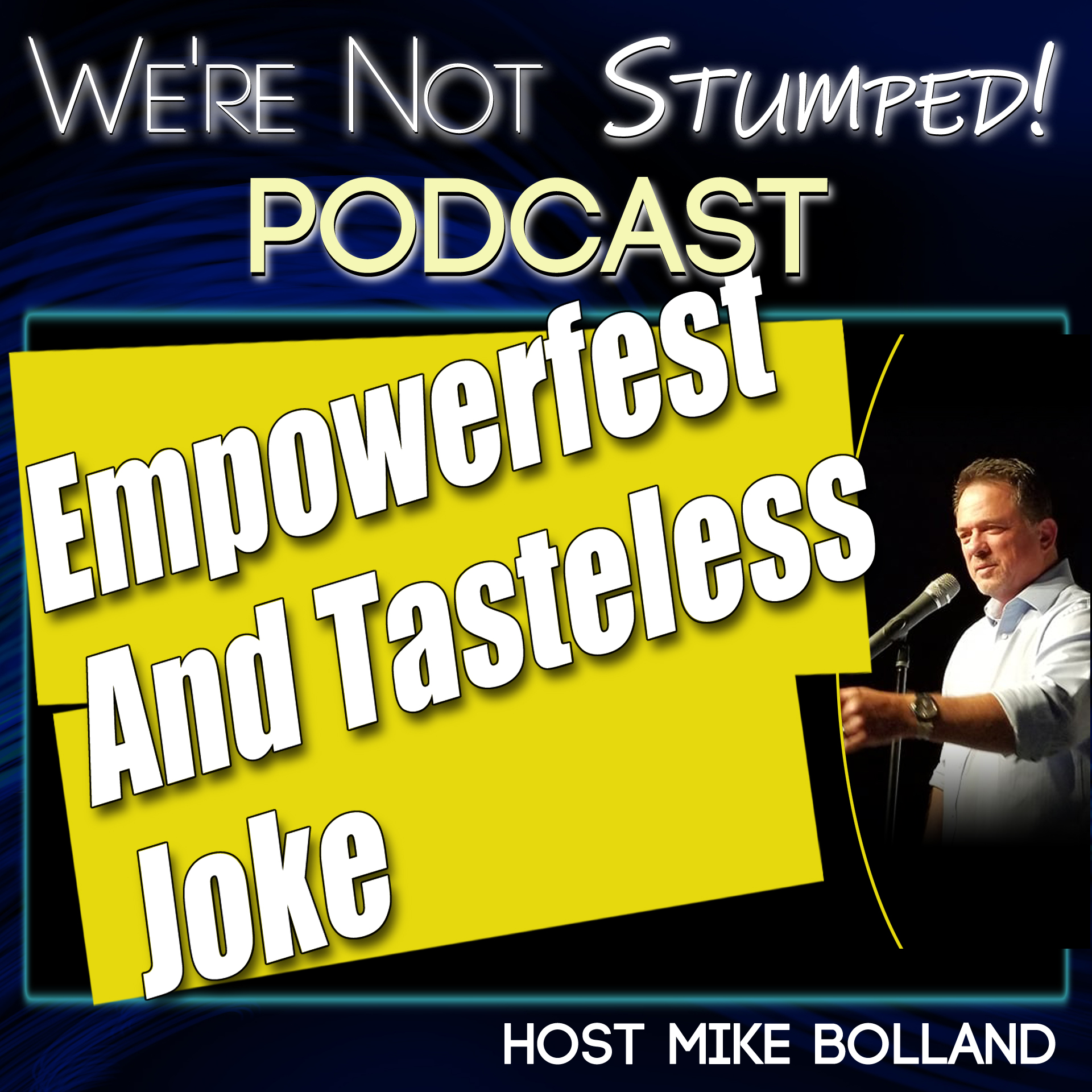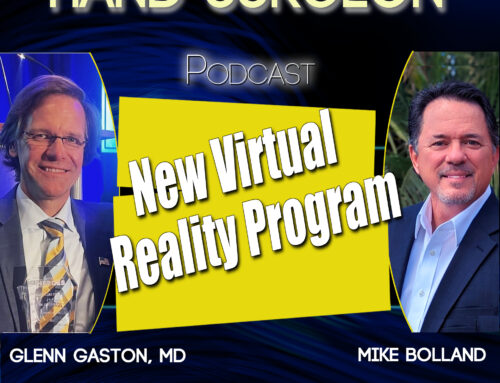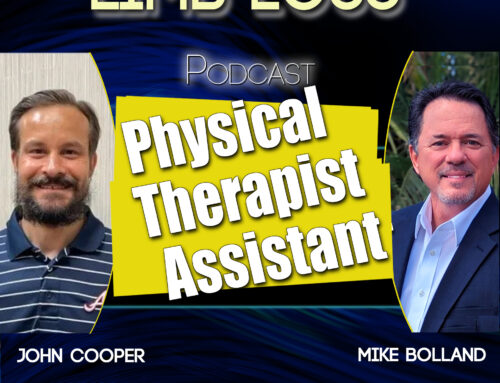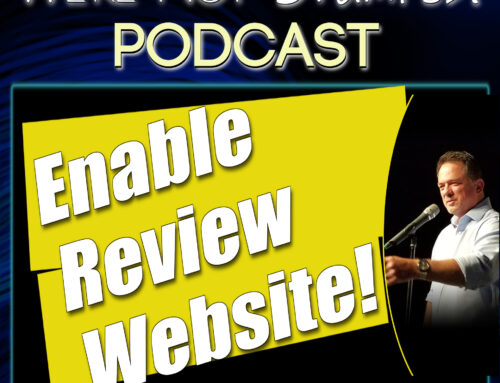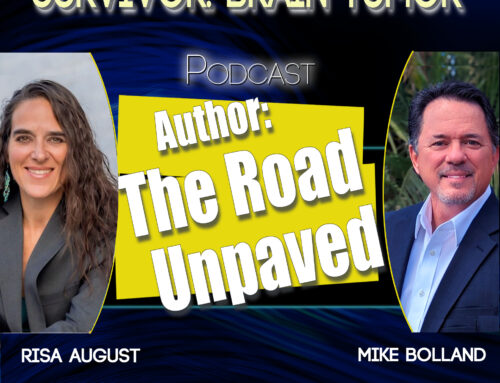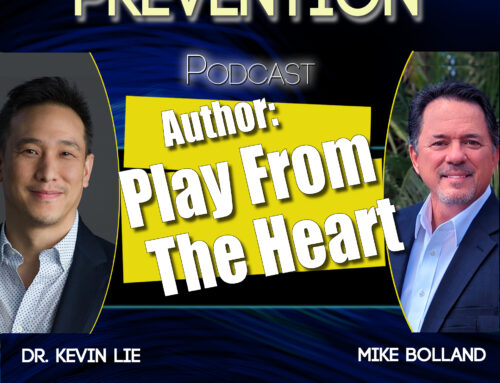In this episode of We’re Not Stumped, host Mike Bolland welcomes Dr. Christopher Duncan, Chief Medical Officer at Biologic Input Output Systems (BIOS), for a groundbreaking discussion on the future of neurotechnology and prosthetics.
Christopher shares his journey from physician in physical medicine and rehabilitation to leader in neural interface technology, with a passion for restoring function and independence for individuals with limb loss. Together, Mike and Christopher dive into:
- The intersection of advanced materials, neurophysiology, and machine learning in prosthetic development
- Why current prosthetic options are like “Civil War technology” compared to what’s possible today
- BIOS’s three-pillar approach to advancing prosthetic innovation
- Patient success stories, including a veteran and a surgeon regaining life-changing abilities with robotic prosthetics
- The role of registries in supporting early adopters and ensuring equitable access across regions
- Privacy and legal concerns around brain-computer interfaces and nerve technology
- The importance of partnerships among research labs, hospitals, and government agencies
- Future applications in lower extremities, diabetes, vascular disease, and even paralysis cases
This episode highlights not just the technology, but the human impact of returning people to full employment, independence, and life satisfaction.
Bios Website: https://www.biologicinputoutputsystems.com/
Mike Bolland Motivational Speaker Website
Listen on Apple Podcasts
Watch on YouTube
Listen on Spotify
Mike Bolland highlights two powerful topics of resilience, and community. Topic 1 – A Call for Coaches ArizonAbility is launching a basketball clinic for adults with disabilities, and they’re looking for a passionate coach to lead the way. This isn’t just about basketball—it’s about confidence, teamwork, and creating a space where every player can thrive. Mike explains what this opportunity means for the community and how one coach can make a life-changing impact. Topic 2 – Inspiration from Legapalooza Mike also shares the inspiring story of Legapalooza (https://legapalooza.com/), founded by Tommy Donahue after a life-changing accident. What started as a small charity event has grown into a movement of resilience, connection, and giving back. Tommy’s journey reminds us that when we come together, we can turn challenges into opportunities for hope and empowerment.
Host Mike Bolland sits down with Alexia Michitti—a public speaker, athlete, and entrepreneur born without a right hand. Together, they reflect on their shared experiences of limb difference and Alexia’s powerful journey of resilience, determination, and innovation. Alexia shares how she’s breaking barriers in sports and beyond—from representing the U.S. in the first Women’s Amputee Soccer World Cup, to filing a patent for adaptive clothing through her brand Em13race (https://em13race.com/), to finding her voice as a motivational speaker. She opens up about life without a prosthetic, her role models, and her passion for inspiring children with limb differences to embrace their uniqueness.
In this episode of We’re Not Stumped, host Mike Bolland reviews EmpowerFest 2025, celebrating the limb loss and limb difference community with inspiring speakers, adaptive activities, and unforgettable moments. Mike also shares a story about a comedian who made a tasteless joke about the limb loss community — and how he got the comedian to remove the post. Tune in for insights, laughs, and a look at what makes the limb loss community so resilient and inspiring!

